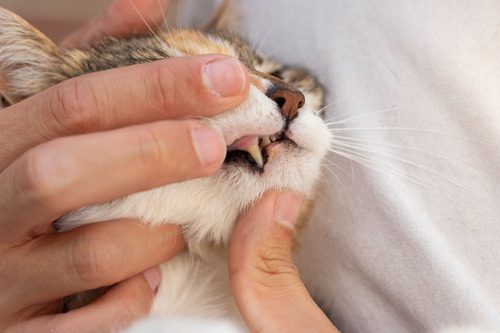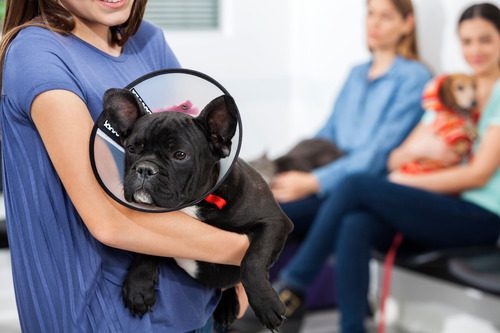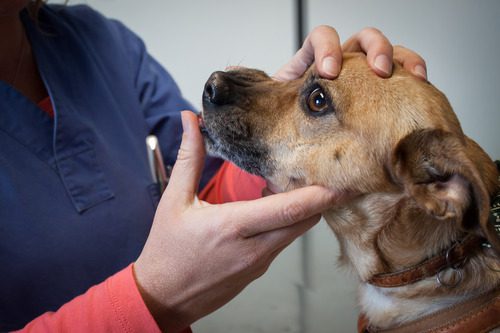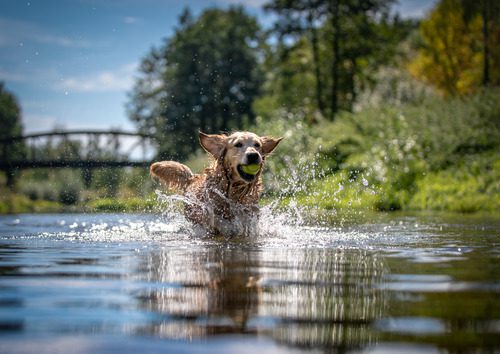My Cat Lost a Fang Tooth: What Do I Do?
It’s always a little jarring to discover something unusual about your cat’s mouth, especially if it’s a missing fang. Whether you spotted a gap while they were yawning or found the tooth itself on the floor, you’re likely wondering what this means and how concerned you should be. When a cat loses a fang tooth, it isn’t just about aesthetics; it can point to a larger issue involving dental health or injury. Below, we’ll walk you through what may have caused the loss, what it means for your cat’s overall comfort, and how your veterinarian can help. If your cat lost a fang tooth, it’s worth taking the time to understand why and when to make the next move. To have your cat’s mouth evaluated by a professional, call Cornerstone Veterinary Hospital of Clifton Park at (518) 383-6254 or schedule an appointment today.

What Does It Mean If Your Cat Lost a Fang Tooth?
Cats have four long, pointed canine teeth which are often called fangs. These teeth are important for grabbing, holding, and tearing food. If your cat lost a fang tooth, it could signal anything from mild trauma to advanced dental disease. In some cases, the tooth falls out due to age or underlying health problems.
Adult Cats Shouldn’t Lose Teeth
Once adult teeth come in, typically by six months of age, cats should not lose any of them under normal conditions. If your adult cat lost a fang tooth, there’s a reason behind it, and it should be explored. Tooth loss in mature cats is never expected or typical, so even if your pet seems fine, a veterinary dental exam is still a smart step.
Why Did My Cat Lose a Fang Tooth?
There are several reasons why a cat might lose a fang tooth, and some are more serious than others. Your veterinarian will be able to determine the exact cause, but the following are some common possibilities.
Periodontal Disease
One of the most common reasons a cat loses a fang tooth is periodontal disease. This is an advanced form of gum disease that damages the tissues and bone supporting the teeth. Over time, the tooth may loosen and fall out. You might notice bad breath, gum recession, bleeding, or difficulty eating if this is the case.
Trauma or Injury
Cats can lose teeth from an accidental impact, such as falling from a height, getting hit by an object, or fighting with another animal. Trauma may break the tooth or dislodge it entirely. If you suspect an injury, have your cat evaluated promptly, as they may have other oral damage you can’t see.
Tooth Resorption
Tooth resorption is a painful dental condition that affects more than half of adult cats. It occurs when the body begins breaking down a tooth from the inside out. Over time, the affected tooth may become unstable and eventually fall out. This process is usually very uncomfortable and requires veterinary care.
Severe Dental Decay
While less common than in dogs or humans, dental decay can still affect cats especially in those with poor oral hygiene. Cavities may compromise the tooth’s structure and lead to tooth loss over time. A decayed tooth may become discolored or cause drooling, pawing at the mouth, or loss of appetite.
What to Do If Your Cat Lost a Fang Tooth
You might be tempted to wait and see if your cat shows signs of pain or changes in behavior. But when a cat loses a fang tooth, even in the absence of obvious symptoms, there could still be discomfort or underlying disease.
Schedule a Veterinary Appointment
Your first step should be to contact your veterinarian for a dental exam. At Cornerstone Veterinary Hospital of Clifton Park, our team can determine why your cat lost a fang tooth and check for additional issues like infection, inflammation, or other loose teeth. We may recommend dental X-rays to assess what’s going on below the gumline.
Watch for Additional Symptoms
Leading up to or following the tooth loss, your cat may show subtle signs of dental discomfort. These can include:
- Avoiding dry food
- Drooling more than usual
- Chewing on one side of the mouth
- Hiding or seeming more withdrawn
- Vocalizing when eating or being touched near the mouth
Even if your cat appears normal, don’t assume they aren’t in pain. Cats hide discomfort well, and oral issues often worsen if left untreated.
Avoid Home Remedies
It might be tempting to examine or clean the area yourself, but this can cause more harm than good. Avoid using oral rinses, swabbing the gum, or trying to remove fragments. Wait for your veterinarian to assess the situation and recommend next steps.
Will My Cat Be OK After Losing a Fang Tooth?
Cats can generally adapt well to life without a single tooth, especially if the area heals properly and the rest of the mouth is healthy. However, it’s important to address the root cause so further tooth loss doesn’t occur.
One Lost Tooth Can Signal Bigger Issues
If your cat lost a fang tooth due to periodontal disease or resorption, it’s possible other teeth are also affected. That’s why follow-up care and ongoing dental management are so important. A full oral exam with dental X-rays can help uncover any additional damage or instability.
Post-Tooth Loss Care
Depending on the cause, your veterinarian may recommend pain relief, antibiotics, or a professional cleaning under anesthesia. In cases where other diseased teeth are discovered, extractions may be advised. After treatment, many cats experience noticeable improvements in comfort, appetite, and even mood.
Tips for Preventing Future Dental Problems in Cats
Once your cat has lost a fang tooth, future oral care becomes even more important. The goal is to protect the remaining teeth and prevent discomfort or further tooth loss down the road.
Regular Dental Exams
Routine oral exams are one of the most effective ways to stay ahead of dental disease. Your veterinarian can monitor gum health, check for loose teeth, and recommend dental cleanings as needed. These visits also give you a chance to ask questions and stay informed about your cat’s dental health.
At-Home Dental Care
While brushing a cat’s teeth may sound impossible, it’s often easier than expected with patience and the right tools. Ask your veterinarian to show you how to introduce tooth brushing, dental wipes, or vet-approved dental diets. These tools help slow plaque buildup and reduce bacteria.
Dental Diets and Chews
Prescription dental diets and certain treats can help support oral health. These products are formulated to clean teeth as your cat chews. Your vet can recommend specific options that suit your cat’s needs and health profile.
Talk to Our Team About Your Cat’s Dental Health
If your cat lost a fang tooth, it’s time to take a closer look at their oral health. Even if your pet seems to be acting normally, tooth loss in adult cats always warrants a professional exam. Dental disease, injury, or resorption may be causing pain behind the scenes, and timely veterinary care can make a big difference. Our team at Cornerstone Veterinary Hospital of Clifton Park is equipped to help. Call us at (518) 383-6254 or request an appointment to have your cat’s mouth evaluated. We’re committed to providing personalized, compassionate care that supports your pet’s comfort and long-term health.
Recent Posts
Infected & Swollen Spay Incision in Dogs
Infected & Swollen Spay Incision in Dogs When your dog undergoes a spay procedure, you expect her…
Dog Tooth Decay Stages
Dog Tooth Decay Stages Dental disease is one of the most common health problems seen in dogs…
Blue Green Algae in Dogs: Everything You Need to Know
Blue Green Algae in Dogs: Everything You Need to Know Warm weather, lakeside strolls, and outdoor play…
About Us
Originally opened as Animal Care Hospital by Dr. Mark Johnston in 1989, the hospital became Cornerstone Veterinary Hospital in 2015 when it was purchased by Drs. Alan and Lisa Knott. The name 'Cornerstone' holds a special place in their hearts, representing not only their Christian faith but also their commitment to being the cornerstone of the community in which they practice. As a family-owned and operated practice, every pet is treated as part of the family, ensuring they receive the highest standard of care. The team at Cornerstone Veterinary Hospital is dedicated to building lasting relationships with clients and their beloved pets, striving to be the cornerstone of the community in which they practice.



